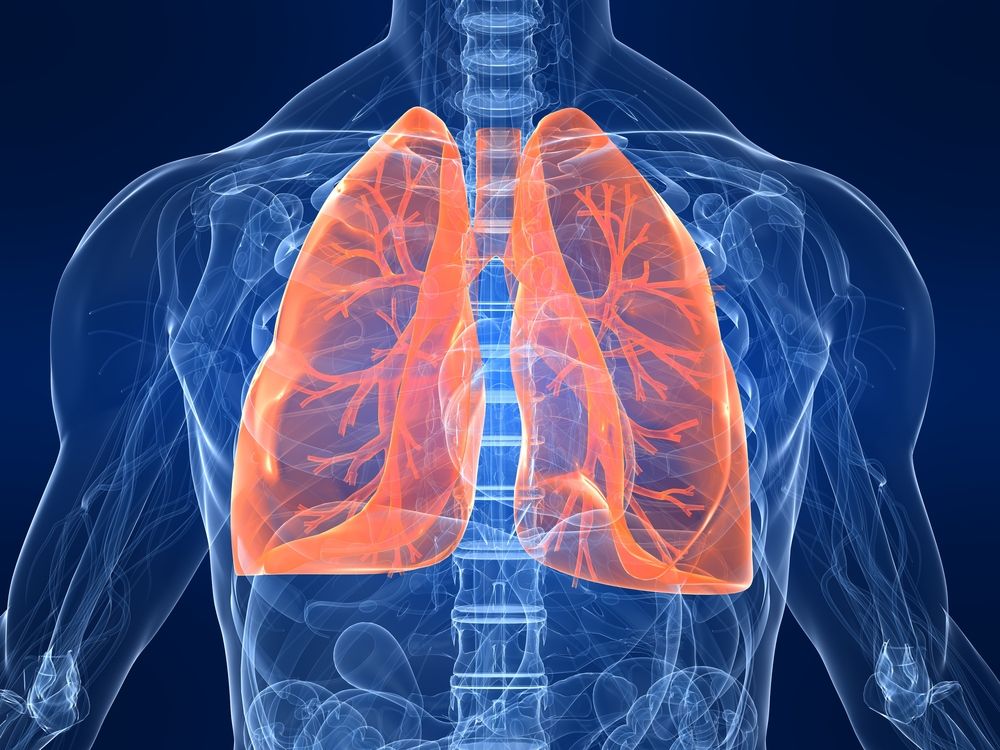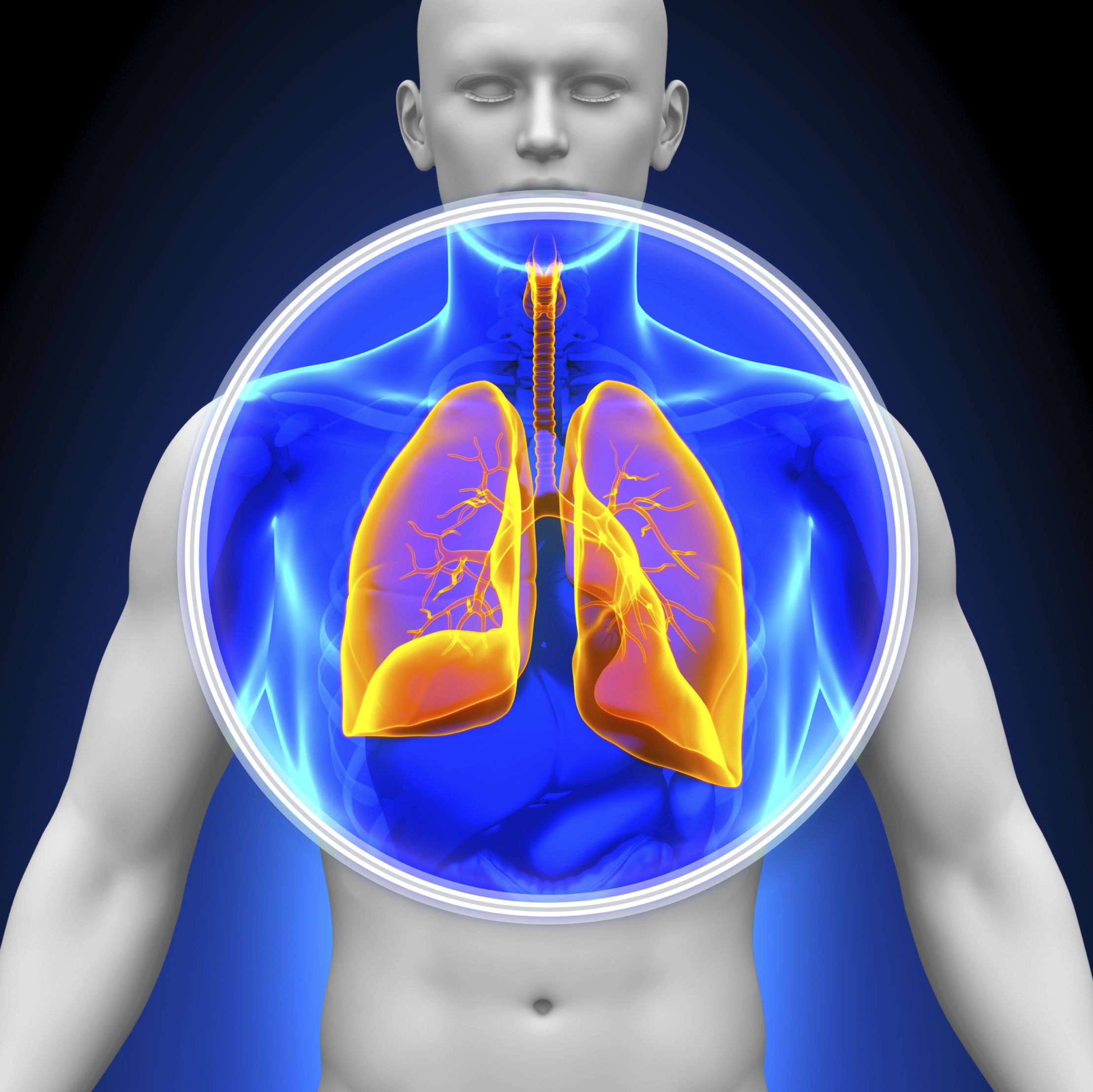Lung cancer is a serious health condition that often presents no noticeable symptoms until it reaches an advanced stage. However, when symptoms do appear, they can vary depending on the severity and spread of the cancer. According to the National Health Service (NHS) and the Centers for Disease Control and Prevention (CDC), the main symptoms of lung cancer include a persistent cough, chest pain, shortness of breath, wheezing, coughing up blood, and unexplained weight loss.
A persistent cough is one of the most common symptoms of lung cancer, and it can last for several weeks or even months. This cough can be dry or produce mucus, and it may worsen over time. In some cases, the cough may be accompanied by chest pain, which can be a sign of a tumor pressing against the chest wall or nerves. Shortness of breath is another common symptom, which can make it difficult to perform daily activities such as climbing stairs or carrying heavy objects. Wheezing is also a common symptom, which can be caused by a narrowing of the airways due to the cancer.
Coughing up blood is a more serious symptom of lung cancer, and it can be a sign of advanced disease. This can occur suddenly or gradually, and it can be accompanied by chest pain or shortness of breath. Unexplained weight loss is another symptom of advanced lung cancer, which can be caused by a loss of appetite or difficulty swallowing. Other symptoms of advanced lung cancer include bone pain, headaches, lumps in the neck or collarbone area, weakness or numbness in the limbs, swelling in the face, neck or arms, and jaundice.
While these symptoms can be caused by other conditions, it is important to see a doctor if you experience any of them. Early detection of lung cancer can significantly improve the chances of successful treatment and recovery. According to the Mayo Clinic, lung cancer typically does not cause symptoms until it is advanced, but signs and symptoms may include a new cough that doesn't go away, chest pain, coughing up blood, hoarseness, shortness of breath, and wheezing.
In addition to these symptoms, lung cancer can also cause fluid to accumulate in the chest, a condition known as pleural effusion. This can cause shortness of breath and may require treatment to drain the fluid from the chest. Lung cancer can also spread to other parts of the body, such as the brain and bones, which can cause pain, nausea, headaches, or other symptoms depending on the organ affected.
While there is no sure way to prevent lung cancer, there are several steps you can take to reduce your risk. These include not smoking, avoiding secondhand smoke, avoiding carcinogens at work, testing your home for radon, and seeking out smoke-free options. If you have a history of heavy smoking or are a current smoker, it is important to talk to your doctor about strategies for quitting smoking, such as counseling, medicines, and nicotine replacement products.
In conclusion, lung cancer is a serious health condition that can present a range of symptoms, from a persistent cough to unexplained weight loss. While these symptoms can be caused by other conditions, it is important to see a doctor if you experience any of them. Early detection of lung cancer can significantly improve the chances of successful treatment and recovery. By taking steps to reduce your risk, such as not smoking and avoiding secondhand smoke, you can help protect yourself from this deadly disease.



